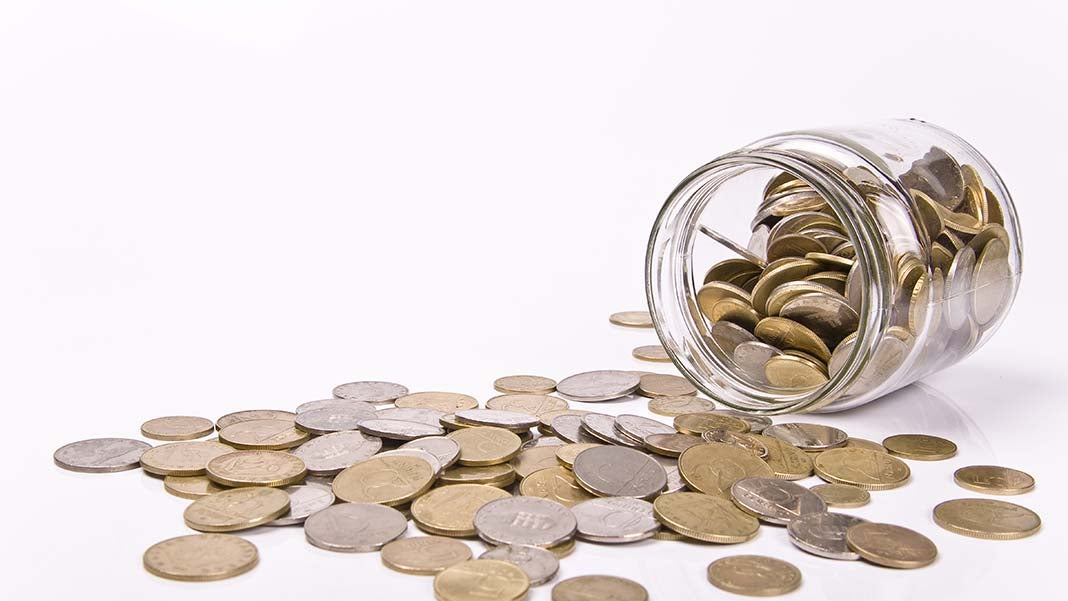
One of the most important parts of getting older is learning how to get better with money. The truth is, people of all ages struggle with money, whether it’s living paycheck to paycheck or not having a savings account. Saving money is not only an essential part of planning for retirement, but also for ensuring you have a safety net in the event of a financial emergency. Furthermore, “Save or invest your money?” is also a common question of business owners, who need to optimize the cash flow of their business. While both are important and extremely beneficial, here are a few things to consider if you’re deciding between the two.
What Does It Mean to Invest?
Investing money involves the process of using your money to purchase an asset that you think has a good chance of generating an acceptable rate of return over time, eventually earning you money. If you’re new to investing, there are several investments that are geared towards beginners to help you ease into it without sacrificing too much. When done right, investing can become a rewarding and lucrative part of your financial portfolio, but keep in mind that it shouldn’t be used as a quick cash grab.
How Much to Save v. How Much to Invest
Most financial advisors will tell you that saving money should always come before investing. This is because investing isn’t a foolproof way to make money. Should you ever fall on hard times, you may end up selling out your investments for some quick cash. Saving your money, on the other hand, ensures that it is going to be there when you need it.
A good rule of thumb is to make sure you have enough money saved to cover you for six months in the event that something happens, such as losing your job or needing an expensive emergency surgery. Once you have built a comfortable safety net for yourself, then you can start investing.
Figure Out What You Can Afford
As mentioned earlier, any money you make should be saved before it is invested. This means that all of your bills and personal expenses should be paid for before even thinking about investing. Once you have a comfortable amount of money in your savings account, figure out how much you can afford to invest by creating a detailed budget that breaks down exactly what you’re making versus how much you’re spending.
If you’re a homeowner, it can also be helpful to use a mortgage estimator to figure out how much money you’re spending on your home each month. Having a clear idea of exactly how much money you have will help you figure out what you can afford to invest, and you’ll rest assured knowing you’re not investing more than you’re comfortable with.
2848 Views












